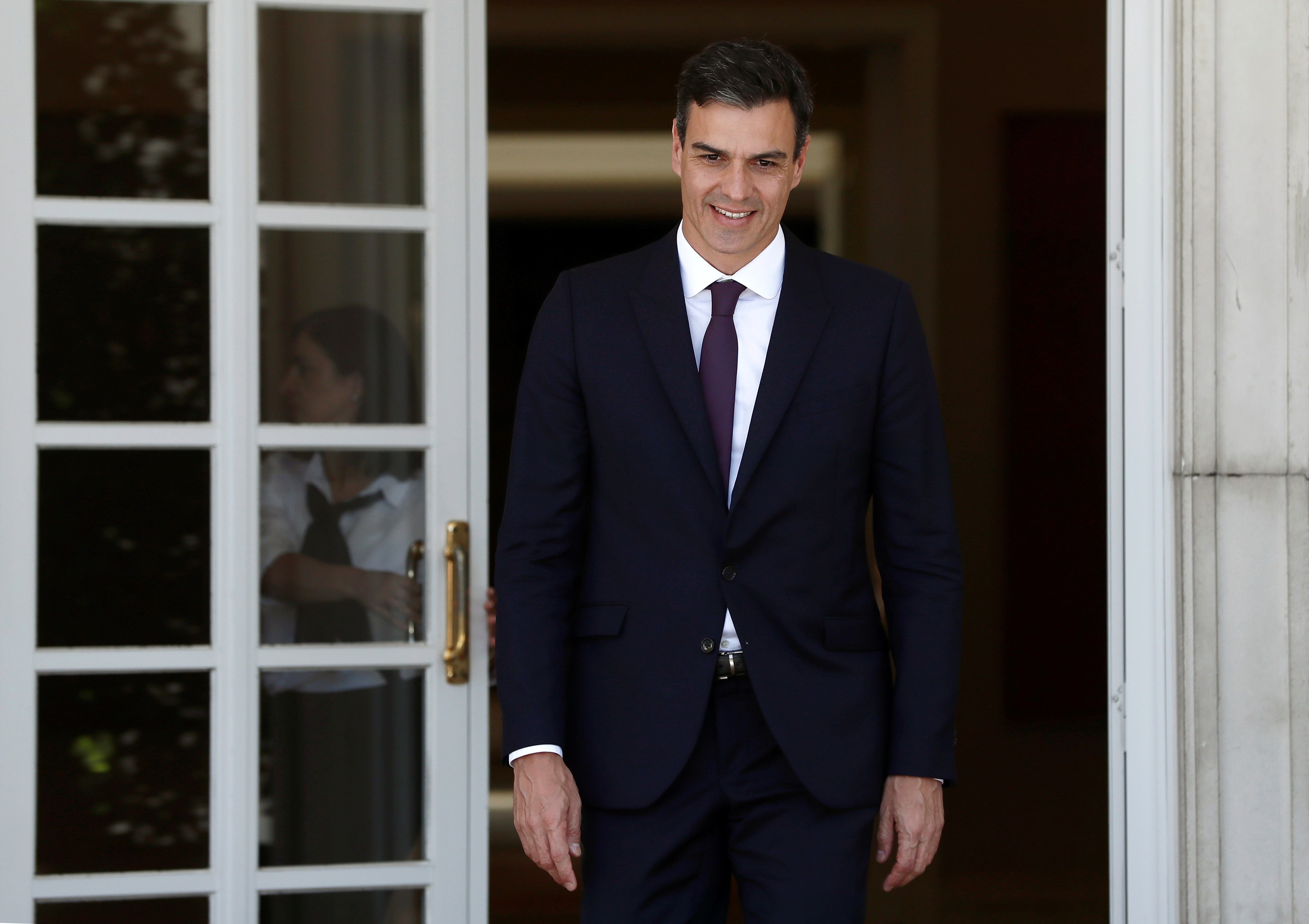The Spanish cabinet has raced to dispel growing suspicions that prime minister Pedro Sánchez might be thinking of calling an early election, suspicions raised by government spokesperson Isabel Celaá at a working breakfast. Celaá had said they would put up with "just enough" given a new political scenario where Carles Puigdemont has taken on the leadership of PDeCAT and plans to raise the cost of the party's support in the Congress through negotiations on self-determination. At the same time, the PP party has confirmed it won't support PSOE's deficit ceiling.
"This government is aware of the changes that have occurred in the last few days in the political situation, but that doesn't change its commitment to the new political era started with the premiership of Pedro Sánchez", say government sources, following Celaá's comments this morning. "Nobody is thinking about elections, but nobody will hold out more than that which is reasonable," she had said. The Spanish executive clarifies that it will continue on its path to "develop its agenda of change". "The prime minister has declared his intention to run out the legislature", the sources in question add.
Sánchez came to power through a motion of no-confidence which suggested an imminent election. Later, however, the stature of those he chose as ministers suggested he wished to serve out his mandate, albeit aware of the need for support from around the parliamentary chamber: pro-independence Catalans (ERC and PDeCAT), Podemos, EAJ and EH Bildu. He admitted as much in an interview with TVE. He explained that he would attempt to keep going until 2020, the latest possible date for a new election as defined by law, with 2019 to see municipal and regional elections.
He got support for the motion of no-confidence in Rajoy and questions like forcing an interim council to run TVE and the exhumation of Franco. He's even now under pressure to create a commission to investigate Corinna's allegations about the former king. However, Puigdemont taking control of PDeCAT threatens a storm for the autumn. As such, government sources say that Sánchez "is calling on their sense of responsibility to keep dialogue channels open to allow for decisions which benefit all citizens".
Next week, there will be a bilateral meeting between the Spanish and Catalan governments in Barcelona. Catalan foreign minister, Ernest Maragall, urged Spanish colleagues Meritxell Batet and Josep Borrell to include the Catalan political prisoners and the right to self-determination on the agenda, among other topics. "I'm not considering a disagreement on those points, I believe they have to be there, formally or informally", Maragall said to the press. Borrell, on the other hand, has already replied that there is no negotiation possible over a referendum.

